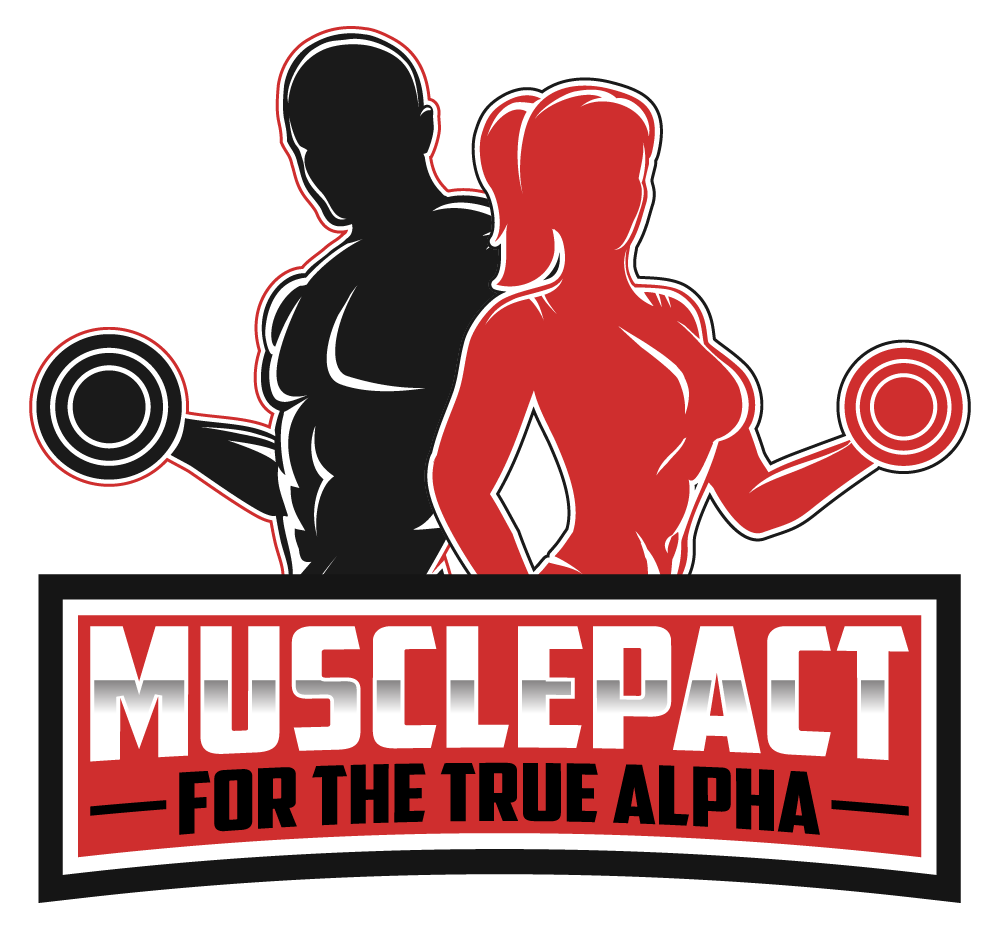Low free testosterone (FT) is a widespread health problem that occurs in many men — especially in older guys. This article goes over what low FT is and its possible causes, symptoms, and consequences for health.
What is Free Testosterone?
Testosterone is a hormone made primarily in the testicules and is essential for multiple men’s bodily functions. In the bloodstream, it exists in two dominant forms:
- Total Testosterone (TT): The sum of free testosterone and testosterone bound to proteins.
- Free Testosterone (FT): The fraction of testosterone that is not bound to proteins and can enter cells and activate androgen receptors to exert its biological effect.
Under normal circumstances, free testosterone constitutes only about 2-5% of total testosterone. Many factors can be influence the balance between TT and FT , including age, body composition, and overall health.
Reasons for Low Free Testosterone
There are myriad reasons for low FT levels:
- Aging: Total testosterone level decreases naturally as men age, but the rise in SHBG (sex hormone-binding globulin) can lead to a relatively more pronounced decrease in FT than in TT.
- Obesity: In men, higher percent body fat is associated with lower testosterone levels because of increased testosterone conversion to estrogen.
- Chronic Illnesses: Disorders like diabetes, hypertension, and metabolic syndrome can adversely affect the output of testosterone.
- Lifestyle: Cigarette smoking, alcohol consumption, stress, and sedentary lifestyles were associated with lower testosterone.
- Hormonal Disorders: The hypothalamus or the pituitary gland may not work properly to control normal testosterone release.
Low Free Testosterone Symptoms
With little or no free testosterone, there may be a whole range of symptoms that can severely affect the quality of life:
- Sexual dysfunction: Reduced libido, erectile dysfunction, or diminished sexual satisfaction.
- Body changes: Men can experience loss of muscle mass, weight gain, especially around the waist, and thinner bones, which can increase their risk of osteopenia and osteoporosis.
- Psychological effects: Lower FT can cause mood disorders; this includes conditions like depression and anxiety. Men with low free testosterone are also more prone to depressive symptoms, independent of other health issues, studies have suggested.
- Cognitive impairment: Low FT levels can cause cognitive impairment (e.g., memory impairment).
- Fatigue: General fatigue and low energy levels are common in low FT.

Health Implications
Low free testosterone can lead to serious health consequences:
- Frailty: Research shows that lower FT levels are associated with frailty in older men. Frailty encompasses a range of physical deficits and increases vulnerability to adverse health outcomes.
- Metabolic syndrome: Low testosterone is associated with metabolic syndrome components like insulin resistance and dyslipidemia.
- Cardiovascular health: Research indicates that a decline in FT can indirectly increase the risk of cardiovascular disease, as FT may influence lipid metabolism and regulate vascular function.
Diagnosis
Diagnosing low free testosterone typically involves:
- Clinical Assessment: A thorough evaluation of symptoms related to androgen deficiency.
- Biochemical Testing: Total testosterone levels are standard; however, assessing free testosterone is crucial for understanding androgen status. Methods include:
- Direct assays (analog-based radioimmunoassay).
- Calculated measurements based on total testosterone and SHBG levels.
- Equilibrium dialysis remains the gold standard but is less common due to cost.
Treatment Options
Treatment for low free testosterone may involve:
- Lifestyle Modifications: Weight loss through diet and exercise can improve testosterone levels.
- Testosterone Replacement Therapy (TRT): You can get it through injections, patches, or gels. TRT can improve symptoms related to low testosterone but requires careful monitoring due to potential side effects such as increased risk of cardiovascular events or prostate issues.
- Management of Underlying Conditions: Addressing chronic illnesses like diabetes or obesity can help restore normal hormone levels.
Conclusion
Low free testosterone is a complex syndrome affecting multiple domains of men’s health: physical, psychological, and metabolic. Understanding its reasons and consequences provides an idea of better treatment approaches.
Does testosterone increase size? Find out. Also, learn these signs of high testosterone in men to eliminate any risks early.
Don’t forget to follow us on Facebook for even more fitness guides.
Sources:
- www.pmc.ncbi.nlm.nih.gov/articles/PMC9216439/
- www.academic.oup.com/jcem/article-abstract/95/7/3165/2596242?redirectedFrom=fulltext
- www.archpublichealth.biomedcentral.com/articles/10.1186/2049-3258-73-S1-P10
All images from pixabay.com
For the true alpha. Proud. Muscular. Daily motivation that hits you like four scoops of pre-workout. Maximize your jacked-ness. Follow us






